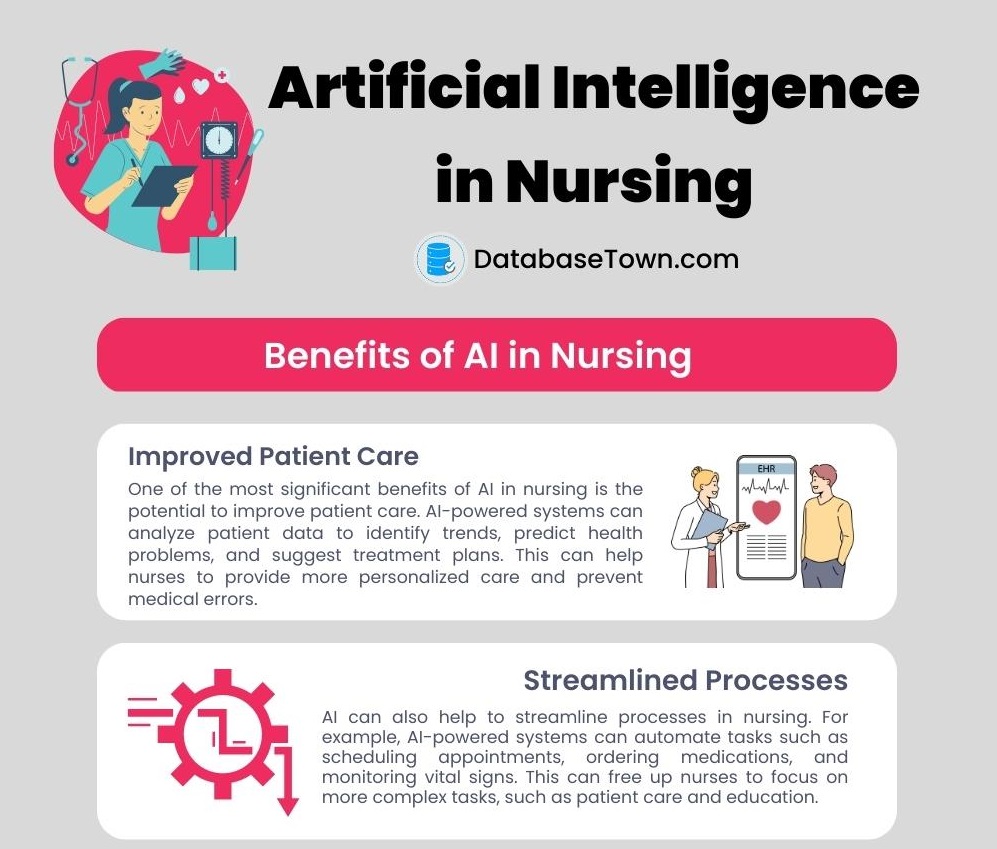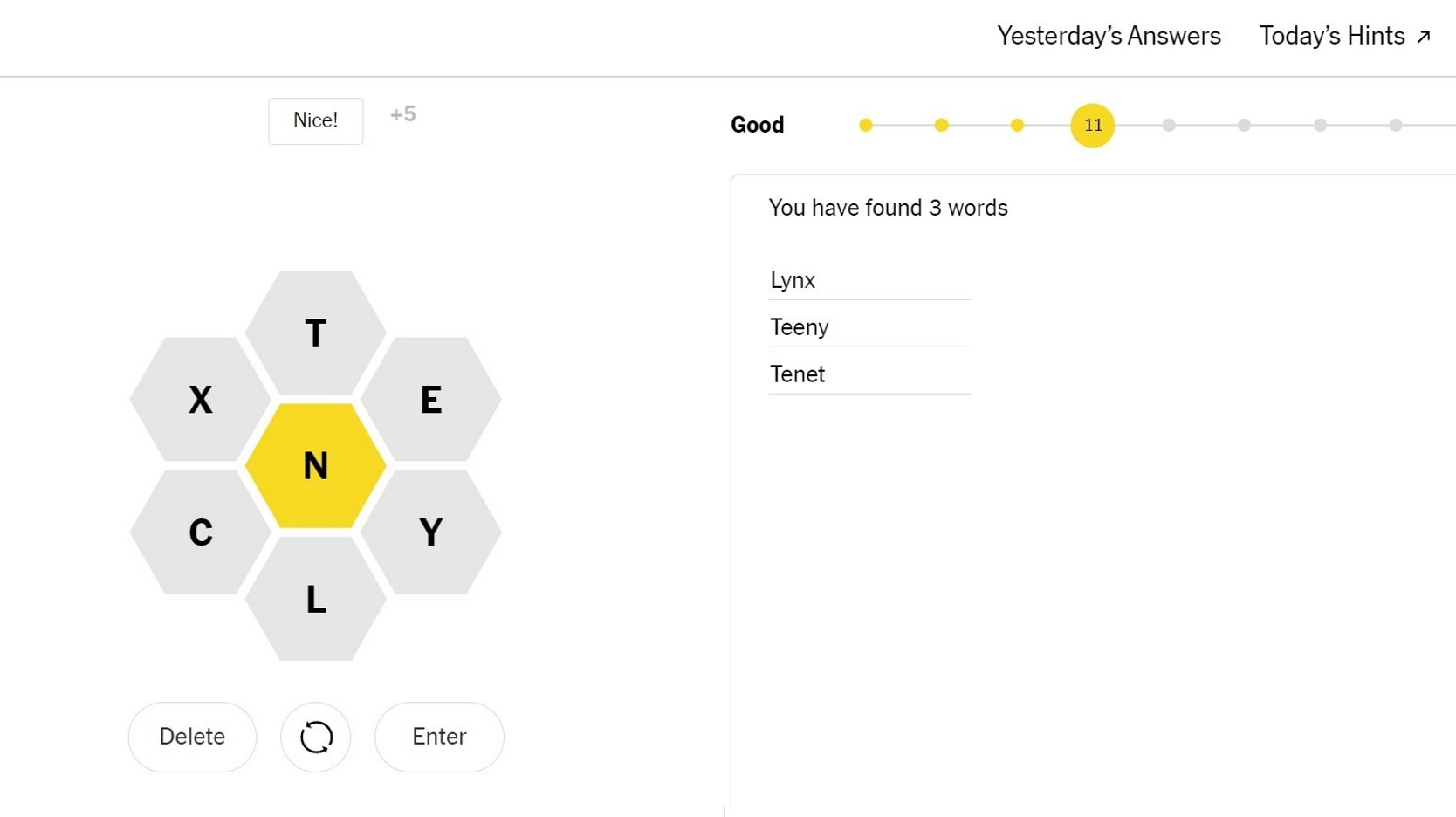Exploring Artificial Intelligence: A Critical Look At Its Cognitive Capacity

Table of Contents
Defining Cognitive Capacity in AI
Understanding Artificial Intelligence cognitive capacity requires clarifying what we mean by "cognitive capacity" in this context. Unlike human cognition, which encompasses consciousness, self-awareness, and emotional intelligence, AI's cognitive capacity is currently focused on specific, defined tasks. This distinction is crucial when comparing AI to human intelligence. We can broadly categorize AI into two types:
- Narrow/Weak AI: This type of AI is designed to perform a specific task, such as playing chess or recommending products. Its cognitive abilities are limited to its programmed function. Examples include spam filters, recommendation systems, and image recognition software.
- General/Strong AI: This refers to hypothetical AI with human-level cognitive abilities, including the capacity for general problem-solving, learning, and adaptation. General AI, currently only theoretical, would possess consciousness and self-awareness, something absent in today's AI systems.
Let's break down some key aspects:
- Information Processing vs. Understanding: AI excels at processing vast amounts of data with incredible speed. However, this doesn't equate to true understanding. An AI can identify a cat in an image, but it doesn't "know" what a cat is in the same way a human does.
- Consciousness and Sentience: Current AI systems lack consciousness and sentience. These are subjective experiences and self-awareness, aspects of human cognition that remain a significant challenge to replicate in artificial systems.
- Key Terms: Understanding terms like machine learning (algorithms that allow systems to learn from data), deep learning (a subset of machine learning using artificial neural networks), and natural language processing (enabling computers to understand and process human language) is essential to grasping AI's cognitive capabilities.
Current Strengths of AI Cognitive Capacity
Despite its limitations, AI has achieved impressive feats in various domains, demonstrating significant cognitive capacity in specific areas. Its strengths lie primarily in its ability to process and analyze data at speeds far exceeding human capabilities.
- Image Recognition and Object Detection: AI excels at identifying objects and patterns in images, surpassing human performance in many cases. This is used in facial recognition, medical imaging analysis, and autonomous vehicles.
- Natural Language Processing and Chatbots: Advances in NLP allow AI to understand, interpret, and generate human language. This is evident in virtual assistants like Siri and Alexa, as well as sophisticated chatbots capable of engaging in complex conversations.
- Game Playing: AI has defeated world champions in complex games like chess and Go, demonstrating its ability to strategize and learn from experience.
- Medical Diagnosis and Drug Discovery: AI is increasingly used to analyze medical images, predict patient outcomes, and accelerate drug discovery processes, potentially leading to significant improvements in healthcare.
Here's a closer look at the underlying factors:
- Speed and Efficiency: AI's ability to process massive datasets quickly is a major strength. This allows for faster analysis and more accurate predictions than humanly possible.
- Surpassing Human Capabilities: In specific, well-defined tasks, AI can surpass human capabilities in terms of speed, accuracy, and consistency.
- Algorithms and Techniques: Sophisticated algorithms like convolutional neural networks (CNNs) for image recognition and recurrent neural networks (RNNs) for natural language processing are key contributors to AI's cognitive strengths.
Limitations of AI Cognitive Capacity
While AI has made remarkable progress, a significant gap remains between its cognitive abilities and those of humans. Several key limitations hinder the development of truly intelligent machines.
- Lack of Common Sense Reasoning: AI often struggles with tasks requiring common sense reasoning and understanding of the real world. It may excel at specific tasks but lack the broader contextual understanding humans possess.
- Generalization and Adaptation: Current AI models often struggle to generalize knowledge learned in one context to another. They lack the adaptability and flexibility humans exhibit in dealing with novel situations.
- Bias in Training Data: AI systems are trained on data, and if that data reflects existing biases, the AI will perpetuate those biases, leading to unfair or discriminatory outcomes.
- Ethical Concerns and Potential Misuse: The potential for AI misuse, including autonomous weapons systems and biased decision-making tools, raises significant ethical concerns that require careful consideration.
Let's delve into specific challenges:
- Limitations of Current Machine Learning Models: Current machine learning models are often "black boxes," making it difficult to understand how they arrive at their conclusions. This lack of transparency raises concerns about accountability and trustworthiness.
- Explainable AI (XAI): The need for XAI, which aims to make AI decision-making processes more transparent and understandable, is crucial for building trust and addressing ethical concerns.
- Cognitive Architectures and AGI: Ongoing research focuses on developing more sophisticated cognitive architectures and achieving Artificial General Intelligence (AGI), which would represent a significant leap forward in AI's cognitive capacity.
Future Directions in AI Cognitive Capacity
Despite current limitations, the future of AI cognitive capacity holds immense potential. Several promising avenues are being actively explored:
- Neuromorphic Computing: This approach aims to mimic the structure and function of the human brain, potentially leading to more energy-efficient and powerful AI systems.
- Hybrid AI Systems: Combining AI with human expertise can leverage the strengths of both, leading to more robust and reliable AI systems.
- Reinforcement Learning and Transfer Learning: These advanced learning techniques enable AI systems to learn more effectively from experience and transfer knowledge between different tasks.
Consider these future possibilities:
- Breakthroughs in Understanding Consciousness: Future research may lead to breakthroughs in understanding consciousness and creating AI systems with genuine self-awareness.
- Ethical Implications of Advanced AI: The development of advanced AI necessitates careful consideration of ethical implications and the need for responsible development and deployment.
- Societal Impact of Human-Level AI: Achieving human-level AI cognitive capacity would have a profound impact on society, transforming various aspects of life, from work and education to healthcare and entertainment.
Conclusion: A Critical Look at Artificial Intelligence Cognitive Capacity – The Road Ahead
In conclusion, while Artificial Intelligence has demonstrated remarkable cognitive capacity in specific areas, significant limitations remain. Understanding both the potential and the limitations is crucial for responsible development and deployment. AI's current strengths lie in its speed, efficiency, and ability to surpass human capabilities in narrowly defined tasks. However, challenges remain in areas like common sense reasoning, generalization, and ethical considerations. Continue exploring the fascinating world of Artificial Intelligence cognitive capacity; further research into Artificial Intelligence cognitive capacity is crucial for shaping a future where AI benefits humanity. The road ahead is filled with both exciting possibilities and critical challenges, shaping a future deeply intertwined with the evolution of Artificial Intelligence and its cognitive capabilities.

Featured Posts
-
 Alan Cumming Recalls Favorite Childhood Activity In Scotland A Cnn Exclusive
Apr 29, 2025
Alan Cumming Recalls Favorite Childhood Activity In Scotland A Cnn Exclusive
Apr 29, 2025 -
 Accessibility And Affordability Examining Over The Counter Birth Control Post Roe
Apr 29, 2025
Accessibility And Affordability Examining Over The Counter Birth Control Post Roe
Apr 29, 2025 -
 Nyt Spelling Bee February 10 2025 Complete Guide To Clues And Answers
Apr 29, 2025
Nyt Spelling Bee February 10 2025 Complete Guide To Clues And Answers
Apr 29, 2025 -
 Willie Nelsons 4th Of July Picnic Returns To Texas
Apr 29, 2025
Willie Nelsons 4th Of July Picnic Returns To Texas
Apr 29, 2025 -
 Spain Vs Usa Why One American Returned Home And One Didnt
Apr 29, 2025
Spain Vs Usa Why One American Returned Home And One Didnt
Apr 29, 2025
Latest Posts
-
 Papal Conclave Debate Over Convicted Cardinals Voting Rights
Apr 29, 2025
Papal Conclave Debate Over Convicted Cardinals Voting Rights
Apr 29, 2025 -
 Papal Conclave Disqualified Cardinal Fights For Voting Privileges
Apr 29, 2025
Papal Conclave Disqualified Cardinal Fights For Voting Privileges
Apr 29, 2025 -
 Becciu Trial Emerging Evidence Challenges The Verdict
Apr 29, 2025
Becciu Trial Emerging Evidence Challenges The Verdict
Apr 29, 2025 -
 Convicted Cardinal Claims Entitlement To Vote For Next Pope
Apr 29, 2025
Convicted Cardinal Claims Entitlement To Vote For Next Pope
Apr 29, 2025 -
 Legal Battle Looms Convicted Cardinal Challenges Conclave Voting Rights
Apr 29, 2025
Legal Battle Looms Convicted Cardinal Challenges Conclave Voting Rights
Apr 29, 2025
